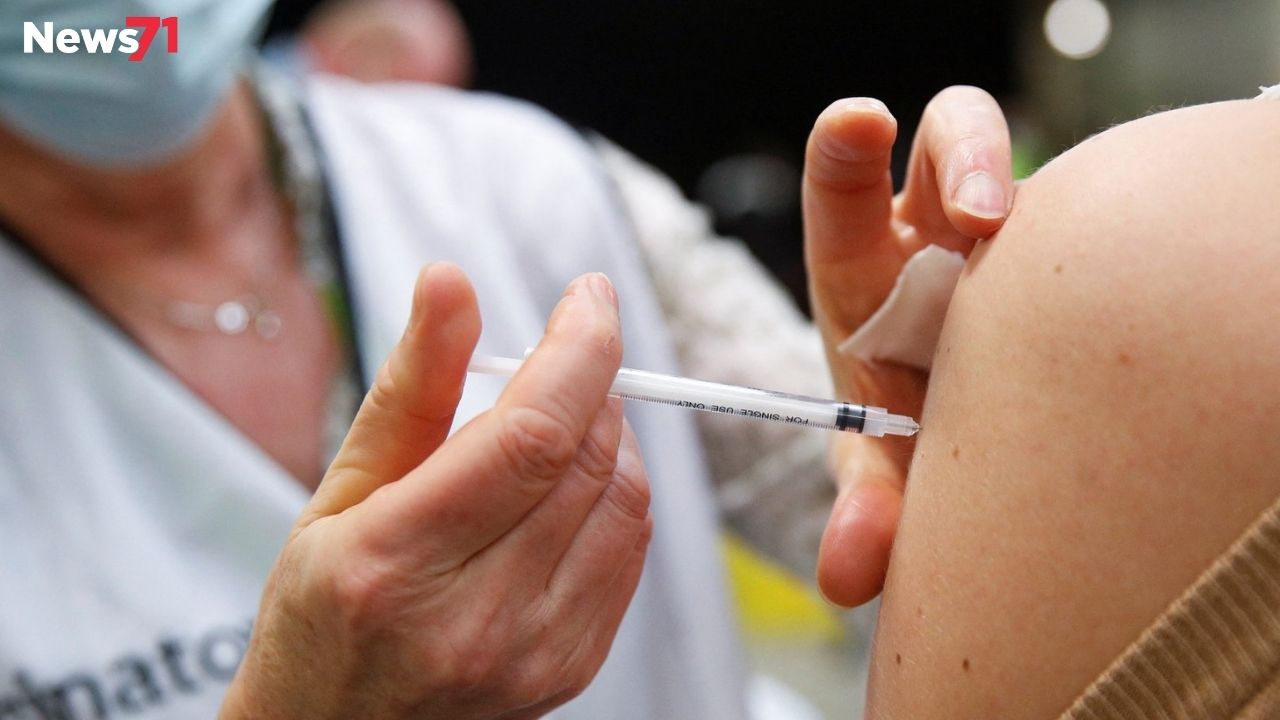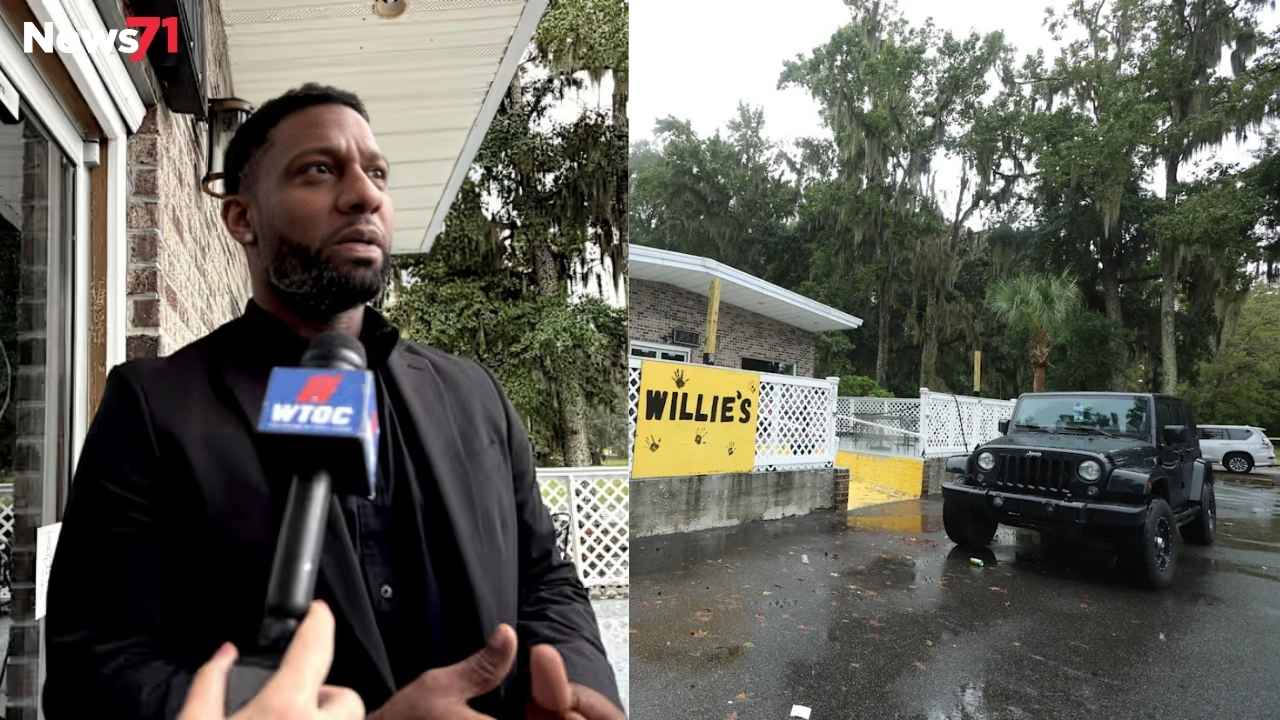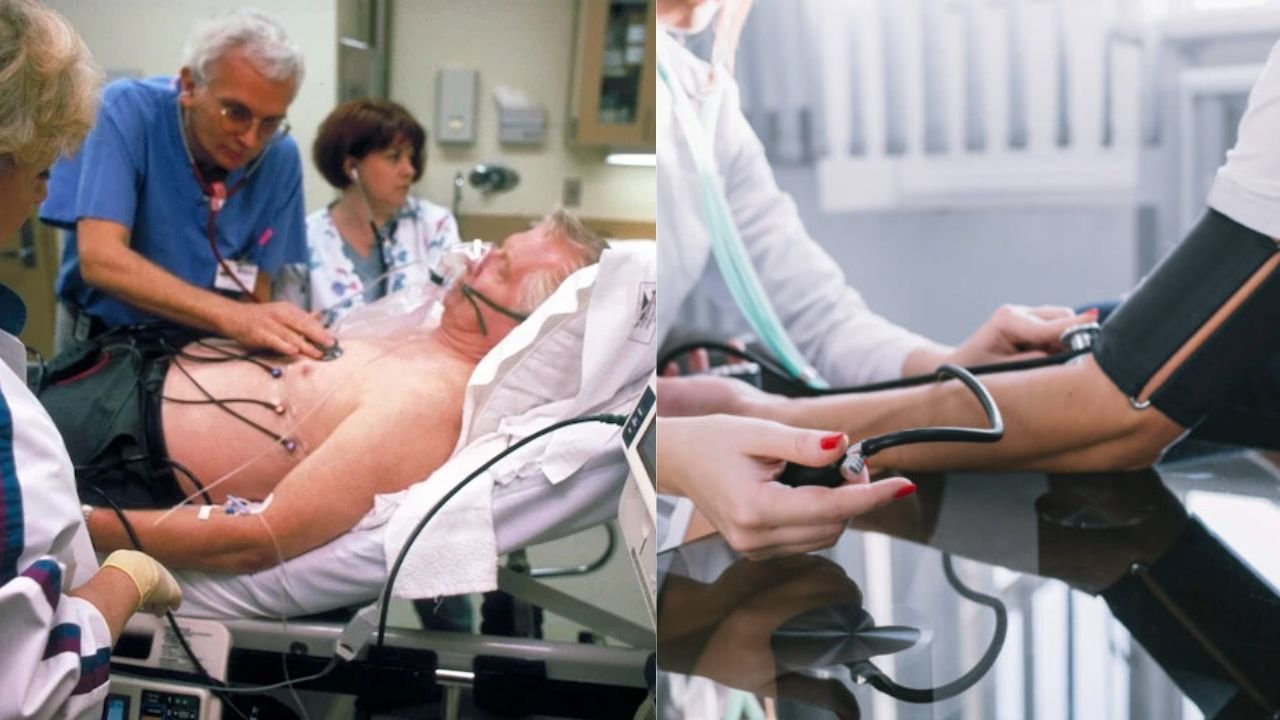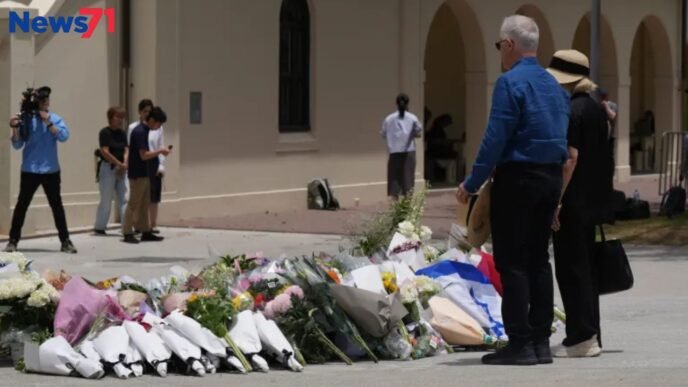Claims that a South Korean study “proves” COVID-19 vaccine cause cancer the risk of several cancers have gone viral, fueling a wave of misinformation amplified by influencers and self-proclaimed medical experts.
Who Made the Claims?
The controversy stems from a study titled “1-year risks of cancers associated with COVID-19 vaccination: a large population-based cohort study in South Korea”, published in Biomarker Research. The study used health insurance data to identify statistical patterns showing that vaccinated individuals were more likely to be diagnosed with certain cancers within a year.
However, online platforms and personalities distorted these findings, presenting statistical correlations as “proof” of causation.
For example, the platform Vigilant Fox, describing itself as a media outlet founded by a “healthcare specialist turned independent journalist,” falsely claimed the study showed a 27% overall rise in cancer risk, including 53% for lung cancer and 69% for prostate cancer.
Similarly, self-described epidemiologist Nicolas Hulscher and doctors Peter A. McCullough and Aseem Malhotra spread the false claim that vaccines directly cause cancer, giving the misinformation an air of medical legitimacy. The anti-vaccine group Children’s Health Defense further amplified the falsehood with a report titled “All COVID Vaccines Increase Cancer Risk, New Study Concludes.”
What Was Wrong with These Claims?
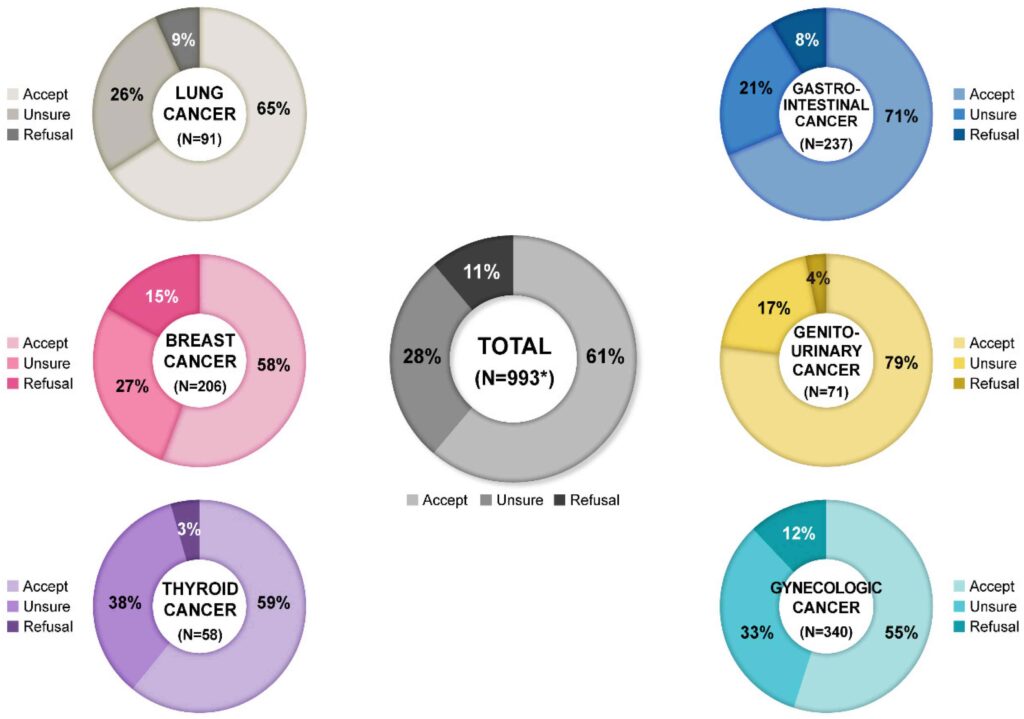
Sanad fact-checking unit reviewed the original study and found that all viral claims ignored a crucial phrase in the text: “epidemiological association without causal relationship.”
In science, this means the researchers observed a statistical link not proof that COVID-19 vaccine cause cancer. The difference is crucial: an association shows a pattern, not a cause.
To illustrate, ice cream sales and drowning cases both rise in summer, but that doesn’t mean ice cream causes drowning. The shared factor is hot weather. Similarly, the link found in the study may be due to “surveillance bias” vaccinated people tend to have more medical checkups, increasing early cancer detection rates rather than causing more cancers.
COVID-19 vaccine cause cancer
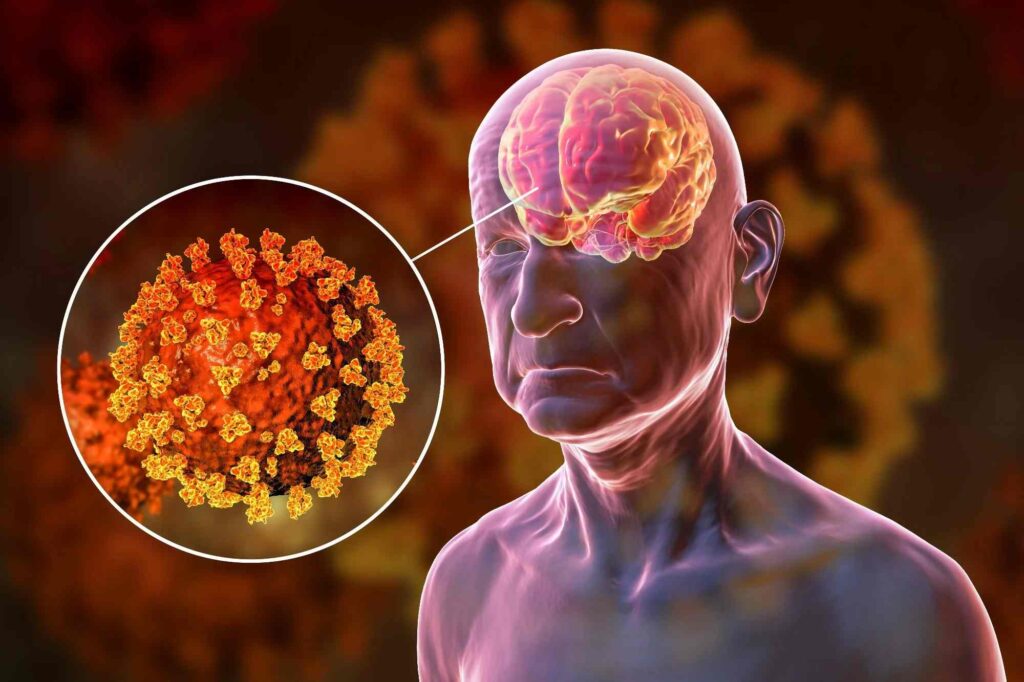
The study’s authors explicitly cautioned against drawing causal conclusions, stating:
“Our population-based cohort study in Seoul, South Korea suggested epidemiological associations between the cumulative incidence of COVID-19 vaccine cause cancer However, further studies are warranted to elucidate potential causal relationships.”
In short, the researchers only identified a statistical pattern, not proof of vaccine-induced cancer.
A World Health Organization (WHO) spokesperson confirmed:
“The study in question is observational. Such studies can form hypotheses but do not establish or prove causality. Findings must always be interpreted within the broader context of evidence.”
The Bottom Line
The South Korean study does not prove that COVID-19 vaccine cause cancer. The viral claims circulating online are a distortion of scientific data, spreading unnecessary fear and undermining public health.
